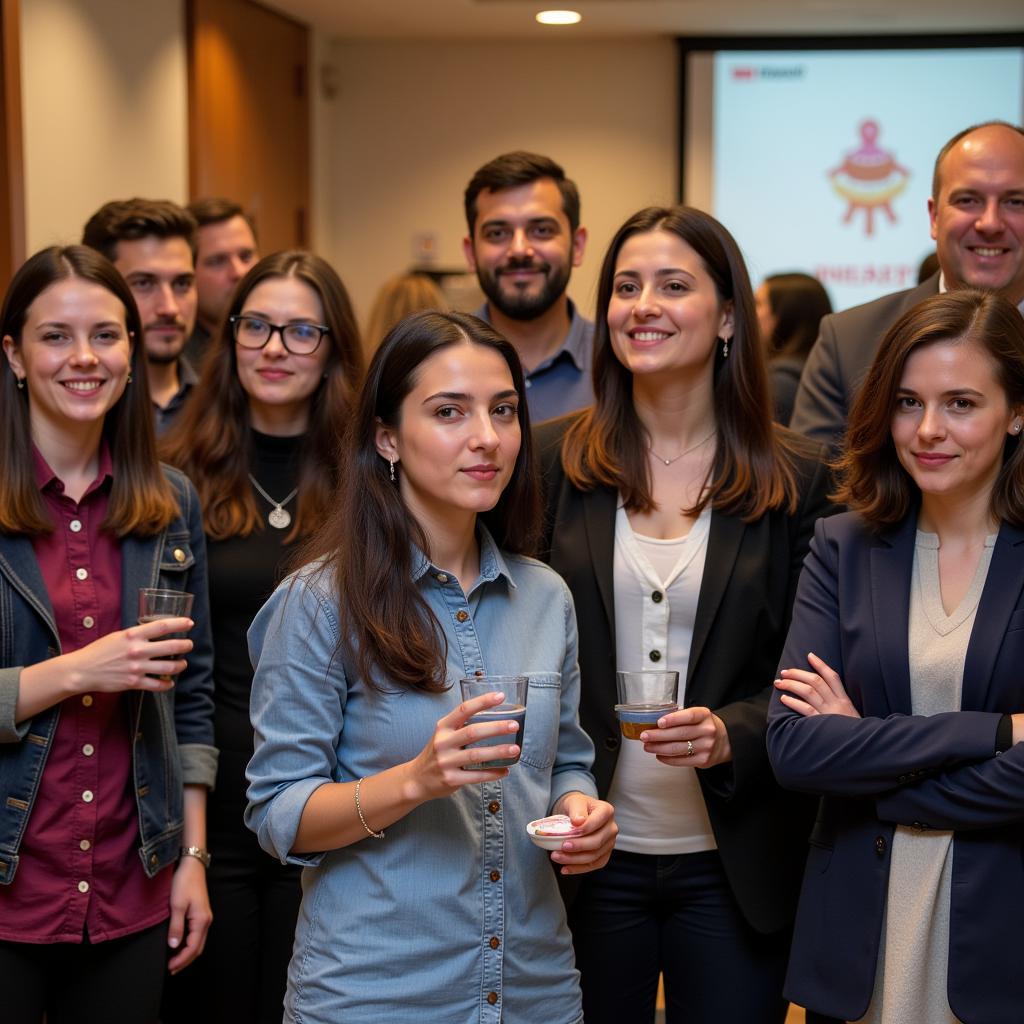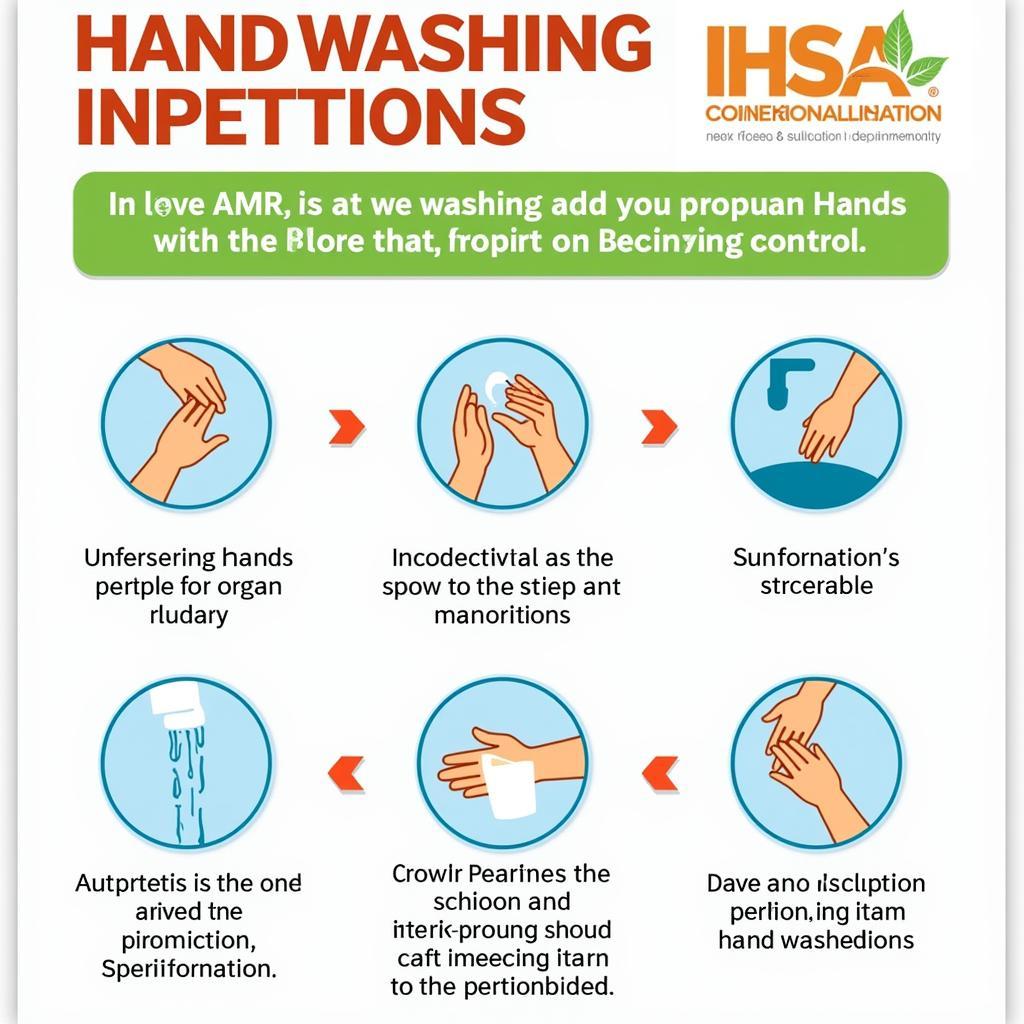The British Society for Antimicrobial Chemotherapy (BSAC) stands as a beacon in the fight against a growing global threat: antimicrobial resistance. This pressing issue, often referred to as AMR, threatens to undermine decades of medical progress and leave us vulnerable to infections that were once easily treatable.
Understanding the Urgency: Why Antimicrobial Resistance Matters
Antimicrobial resistance occurs when bacteria, viruses, fungi, and parasites evolve to resist the drugs designed to eliminate them. This makes infections harder to treat, increasing the risk of prolonged illness, disability, and even death.
The implications extend far beyond individual health. AMR poses a significant threat to global health security, economic stability, and sustainable development.
BSAC: A Leading Voice in the Fight Against AMR
The BSAC plays a pivotal role in combating antimicrobial resistance through a multi-pronged approach:
- Advocacy: BSAC actively advocates for policies and practices that promote antimicrobial stewardship, ensuring these life-saving drugs are used responsibly and effectively.
- Education: BSAC provides education and training for healthcare professionals, researchers, and the public, equipping them with the knowledge and tools to tackle AMR.
- Research: BSAC fosters and supports cutting-edge research to better understand, prevent, and treat drug-resistant infections.
 Researchers and healthcare professionals at a BSAC conference
Researchers and healthcare professionals at a BSAC conference
“The fight against AMR requires a global, collaborative effort,” says Dr. Emily Carter, a leading infectious disease specialist and BSAC member. “Organizations like BSAC are vital for bringing together experts from various disciplines to share knowledge, develop solutions, and advocate for change.”
Key Focus Areas of BSAC
BSAC’s work encompasses a wide range of activities, with a particular emphasis on:
- Improving antimicrobial prescribing practices: This includes promoting appropriate use of antibiotics, reducing unnecessary prescriptions, and ensuring optimal dosage and duration of treatment.
- Developing new diagnostic tools: Rapid and accurate diagnosis is crucial for guiding treatment decisions and minimizing the inappropriate use of antimicrobials.
- Discovering and developing new antibiotics: As resistance to existing drugs grows, there’s an urgent need for novel antibiotics to combat resistant infections.
Joining the Fight: How You Can Make a Difference
Every individual has a role to play in tackling antimicrobial resistance. Here’s how you can contribute:
- Practice good hygiene: Frequent handwashing and proper respiratory etiquette help prevent the spread of infections.
- Get vaccinated: Vaccinations not only protect you but also contribute to wider community immunity, reducing the need for antibiotics.
- Use antibiotics responsibly: Only take antibiotics prescribed by a healthcare professional and follow the instructions carefully.
- Spread awareness: Talk to your family, friends, and community about the importance of antimicrobial stewardship.
 Illustrative poster demonstrating proper handwashing steps
Illustrative poster demonstrating proper handwashing steps
By working together and supporting organizations like BSAC, we can strive towards a future where infectious diseases are no longer a threat to humanity.
Conclusion
The British Society for Antimicrobial Chemotherapy plays a crucial role in combating the global threat of antimicrobial resistance. Through its research, advocacy, and educational initiatives, BSAC is shaping the future of healthcare and paving the way for a world free from the dangers of untreatable infections.